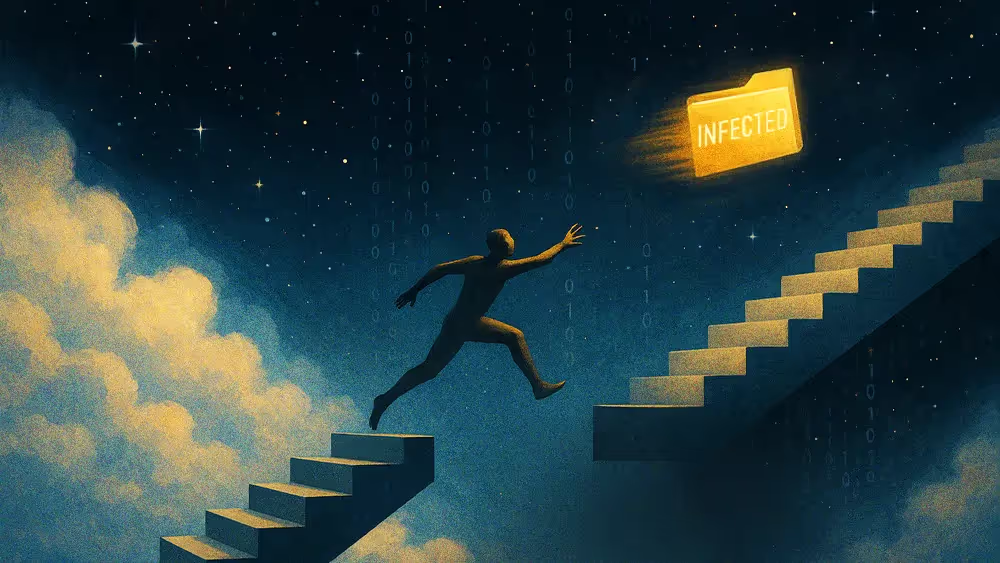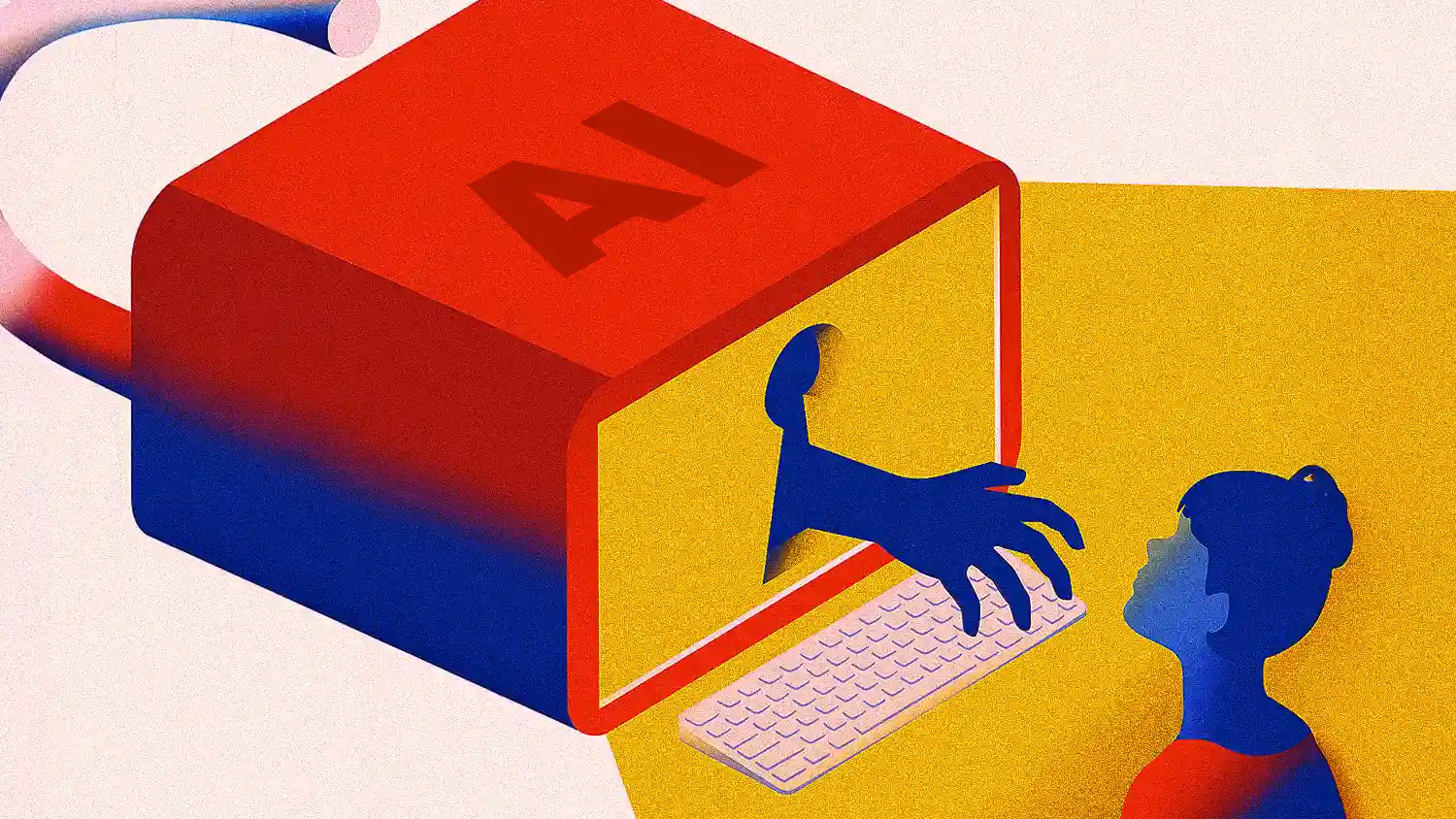Researchers warn of widening gap between fast-moving AI threats and slow-moving defenses
Dooshima Dabo'Adzuana, Researcher at Boise State University, discusses AI's role in enhancing response times and decision-making for security teams.

In cybersecurity, the promise of AI comes with a dangerous paradox. Security teams look to it for defense, while adversaries weaponize the same technology with no concern for rules, budgets, or ethics. It's an asymmetric war, and defenders are falling behind.
Boise State University Researcher and Creator of the Secure Strides podcast Dooshima Dabo'Adzuana explores how security teams can regain ground in an unfair fight.
An uneven fight: "The challenge is that the 'good guys' are often slow to adopt AI, but the threat actors aren't," Dabo'Adzuana says. "They are taking full advantage of its capabilities, so for security teams, the biggest change AI brings is improving response time. It enables faster reactions and better decision-making when it matters most."
Analysts are overburdened by the sheer volume of alerts, trying to figure out what's a false positive versus a genuine threat. "AI helps filter out that noise so they can focus on what actually matters and take decisive action," says Dabo'Adzuana.
Governance gamble: As security teams race to deploy AI, the rules for doing so continue to shift beneath their feet. "The AI governance landscape is changing incredibly fast, and what always gets sacrificed in that equation is speed," Dabo'Adzuana notes. "Security teams have to balance all of this with what is actually going to help the business create and preserve value."
The challenge is that the 'good guys' are often slow to adopt AI, but the threat actors aren't. They are taking full advantage of its capabilities, so for security teams, the biggest change AI brings is improving response time. It enables faster reactions and better decision-making when it matters most.
Beyond the sticker price: The financial strain only deepens the strategic dilemma. "There are lots of fancy tools, but the truth is security teams have limited budgets," she says. "It's not just about getting the tools. You also have to train your teams and give them time to scale the solution before you see real value." For many organizations, the real cost of AI isn’t the technology. It’s the investment in people and time it takes to make it work.
No silver bullet: There’s no playbook for what comes next, and no shortcut either. "There is no one best way to get ready; there isn't a cookie-cutter solution," Dabo'Adzuana concludes. "The best way to prepare is for organizations to look within and assess themselves first. From there, teams just need to explore how to unlock AI's capabilities to enable faster responses and better decision making." In an uneven fight, resilience belongs to those who adapt faster than the threat.
.svg)


